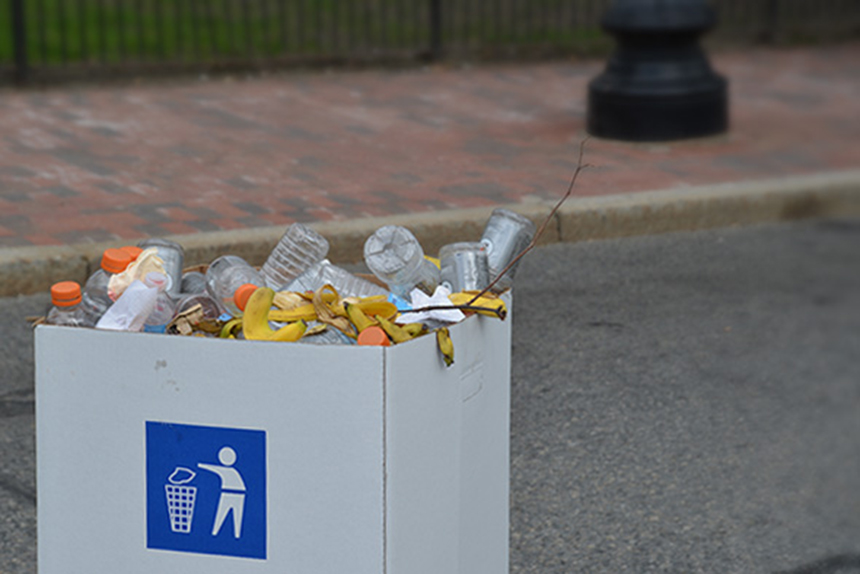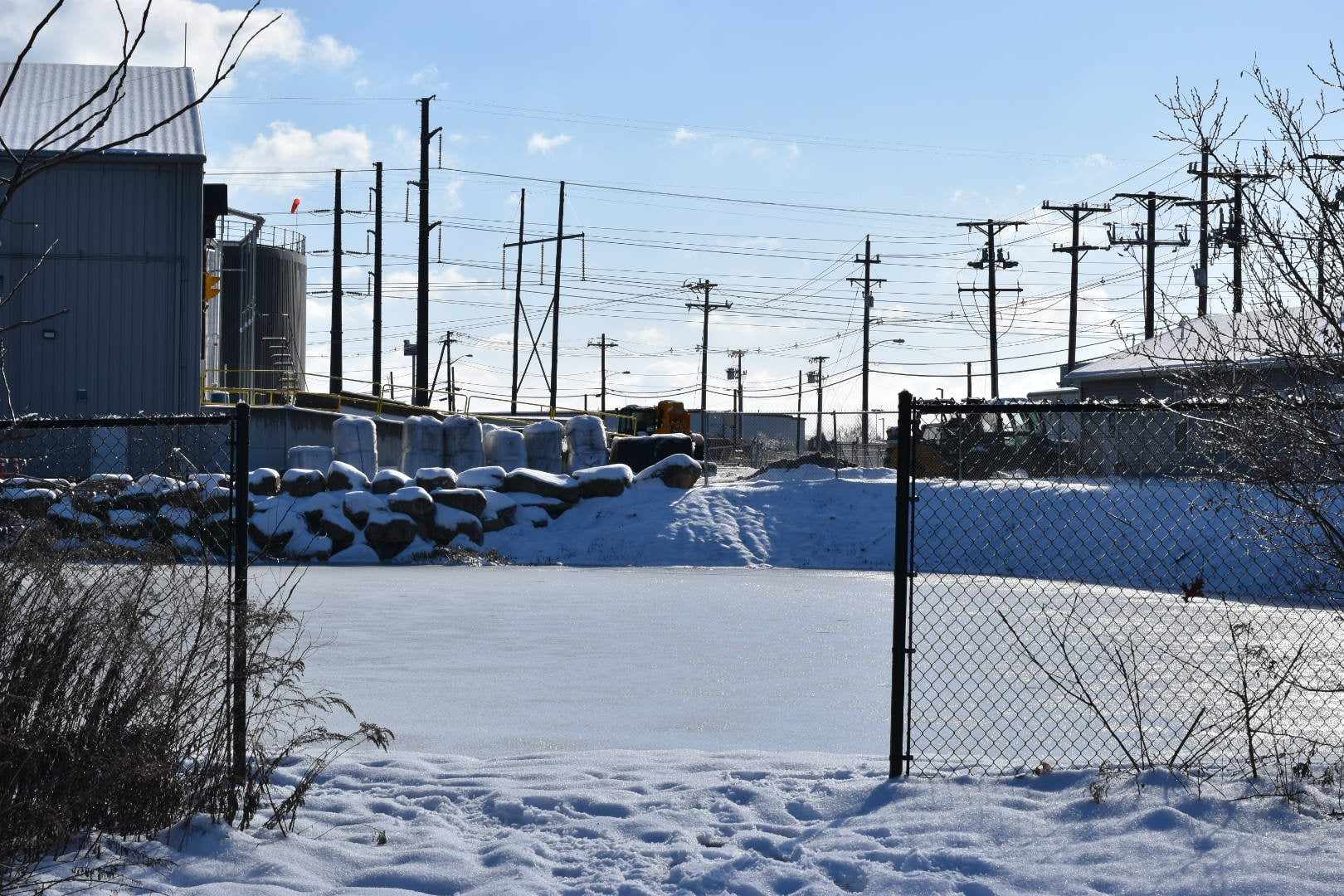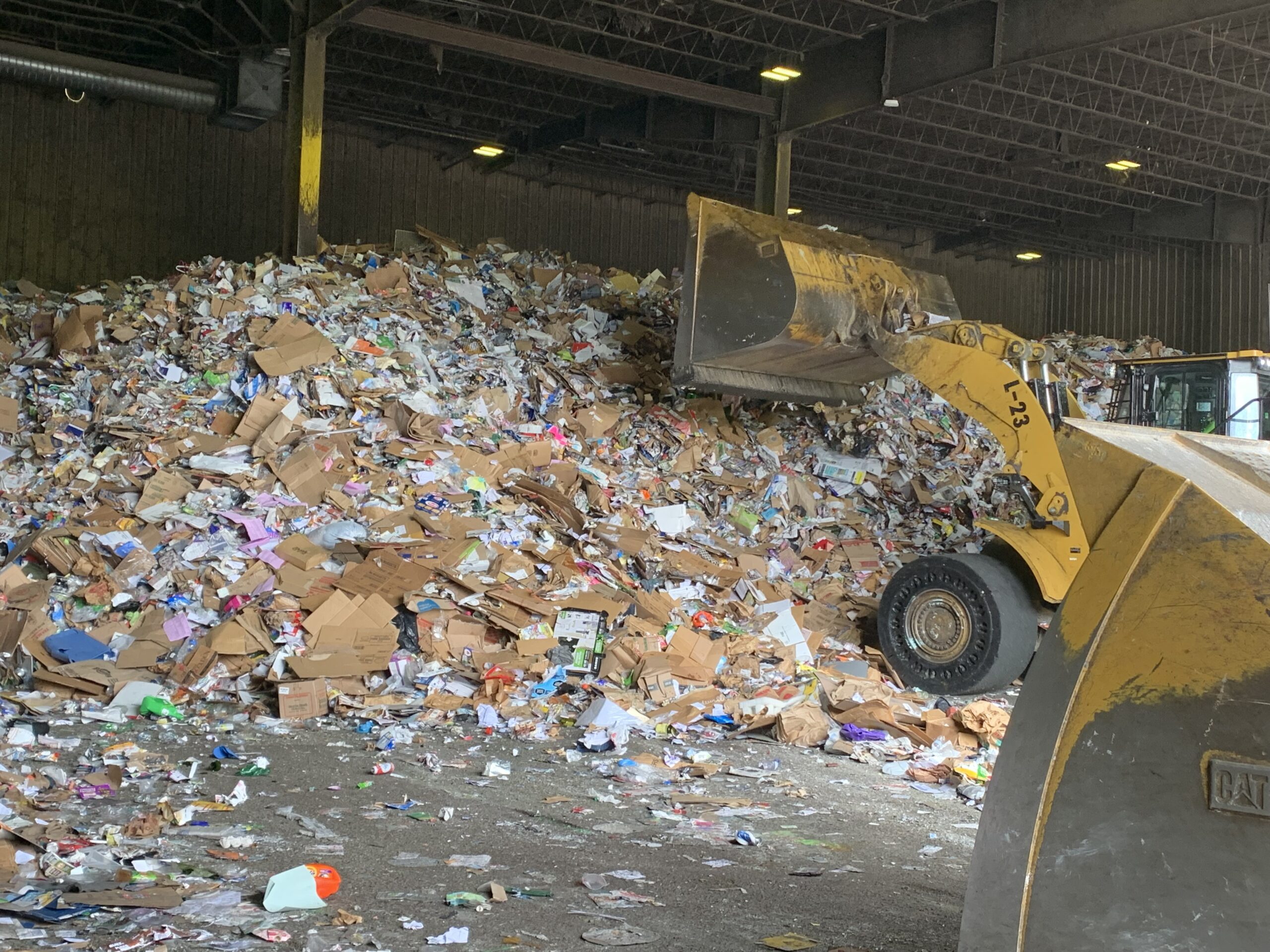New Plastic Pollution Task Force Downplays Recycling
Changing consumer habits the key to reducing waste
October 6, 2018
PROVIDENCE — Rhode Island is getting serious about reducing plastic waste, at least when it comes to talking and convening experts.
The first meeting of the Task Force to Tackle Plastics, created in mid-July by a Gov. Gina Raimondo executive order, targeted common single-use consumer plastics such as coffee cups and plastic straws. Although producer packaging will be part of the proposed solutions, most reduction efforts will aim to cut waste from restaurants and retailers.
The governor didn’t attend the recent 90-minute meeting, but her stand-in, Rosemary Powers, said the governor “wants something produced by the task force.”
That something includes legislation to deliver to the General Assembly next year. Several of the 20 members expressed doubt that the task force has time to meet four more times, plus subcommittee meetings, to come up with bills and other proposals by the governor’s Feb. 18 deadline.
One of the most interesting concepts was raised by Terrence Gray, deputy director of environmental protection for the Rhode Island Department of Environmental Management. Gray suggested that better recycling wouldn’t be a goal.
“Recycling is not really the solution,” Gray said, noting that only 5 percent of all plastics created are recycled or reused. He also noted that 50 percent of all plastics are used only once.
He said plastic pollution is getting worse and hindering enjoyment of the outdoors. “It’s a disposable society and it’s going to be a real challenge to reverse that trend.”
Gray noted that the current rate of plastic pollution entering the world’s oceans is equivalent to a garbage truck full of plastic waste being dumped into the water every minute. He said that 80 percent of marine debris, such as straws, balloons, and plastic bags, starts on land. It’s not clear whether the plastic is from consumer single-use products or industrial sources.
Jamie Rhodes, program director for UPSTREAM, described how single-use plastics were foisted on consumers by chemical and petroleum refineries to find a use for the byproduct ethane, a key ingredient for plastics.
“The stuff was created first and we were taught that we wanted what they created,” Rhodes said.
He said the solution is to make “plastic consumption weird” through thousands of small behavioral changes, like making consumers ask for ketchup packets instead giving them unsolicited.
Innovations are underway. In Freiburg, Germany, coffee shops offer standard reusable cups. East Greenwich-based OZZI is pioneering reusable to-go containers.
Activists, academics, government, and businesses are “going to lead us to a different future,” Rhodes said.
The Rhode Island task force will look to propose legislation, market-based incentives, and education programs to achieve unspecified zero-waste goals. It will likely be a challenging initiative, as many of the group’s members such as the Greater Providence Chamber of Commerce, the Rhode Island Food Dealers Association, the Rhode Island chapter of the American Beverage Association, and Central Falls-based restaurant distributor Packaging & More Inc., have strongly resisted past legislative bans and restrictions on single-use plastics.
“How do you balance that and still make food affordable,” said Tony Fonseca, owner of Packaging & More.
Dave McLaughlin, executive director of the Middletown-based advocacy group Clean Ocean Access, has lead campaigns to ban plastic bags and plastic straws on Aquidneck Island. Focusing on convenience will bring about change, he said. “We’ve got to be sure that if we change things it doesn’t take excessive effort.”
Johnathan Berard of Clean Water Action and Dale Venturini of the Rhode Island Hospitality Association are co-chairs.
Other members are: Jonathan Stone, Save The Bay; Meg Kerr, Audubon Society of Rhode Island; Lucy Rios, Providence Racial and Environmental Justice Committee; Dave McLaughlin, Clean Ocean Access; Nicole Hernandez Hammer, Union of Concerned Scientists; Amy Moses, Conservation Law Foundation; Tim Brennan, Two Little Fish; Tony Fonseca, Packaging & More; R.I. Food Dealers Association; Carolyn Murray, R.I. Beverage Association; Bahjat Shariff, Panera Bread; Howard Kilgus, HK Associates; Laurie White, Greater Providence Chamber of Commerce; Leah Bamberger, city of Providence; Kate Weymouth, town of Barrington; Jim Murphy, Rhode Island College; Dennis Nixon, R.I. Sea Grant/University of Rhode Island; Curt Spalding, Brown Institute for Environment and Society; Julia Wyman, Roger Williams University School of Law; Sen. Dennis Algiere, D-Charlestown; Sen. Joshua Miller, D-Cranston.
The task force is scheduled to meet again Nov. 14 and Dec. 14 at a place to be determined from 9-10:30 a.m.
Categories
Join the Discussion
View CommentsRecent Comments
Leave a Reply
Your support keeps our reporters on the environmental beat.
Reader support is at the core of our nonprofit news model. Together, we can keep the environment in the headlines.
We use cookies to improve your experience and deliver personalized content. View Cookie Settings




When we stop drilling for oil we shall stop making plastics and eliminate a big mess in more ways than one.
And this only counts the garbage generated by people who bother to recycle or at least use the trash bins available all over the place. I live near a park and I spend a lot of my time picking up ketchup packets, food containers, and especially those bloody water bottles that someone has taken a few sips out of and left on the ground. People can be such lazy slobs!
Small and large businesses in other states and cities are leading the way on their own by reducing single-use plastic and changing front and back of house operations.
It’s time we stop listening to lazy business owners and backward thinking chambers of commerce that will always resist change. They are only interested in protecting profit margins regardless of the negative impacts of their business practices.